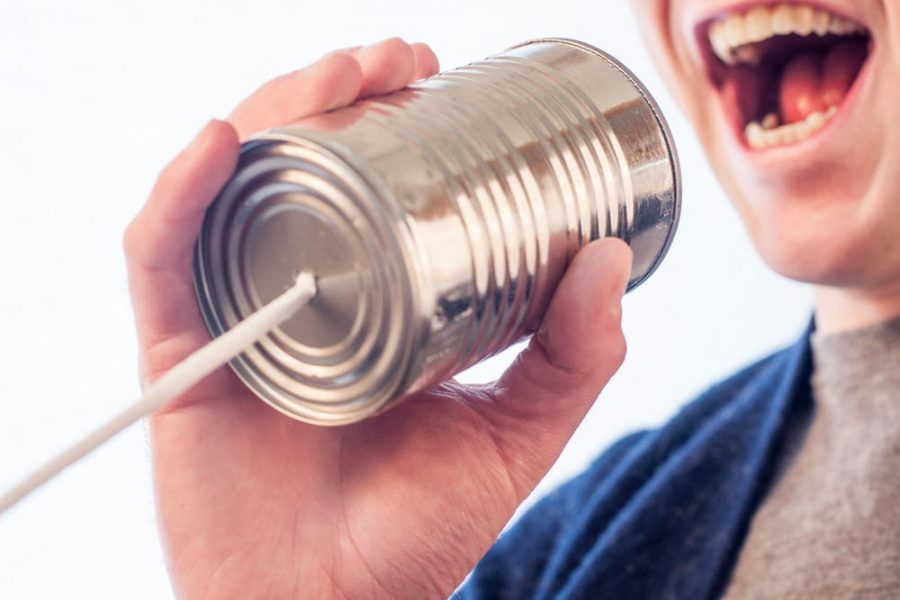Impressions Don’t Equal Reality
“If only people knew X about me, then they wouldn’t think Y.” Or maybe, “I’m not shy, I just don’t like to talk a lot and I like to have only a few close friends.” Perhaps you’re more of a “Once I get to know you, then I can’t stop talking.”
Whichever script you identify with, it’s a feature of the human condition to want connection: a feeling of belonging, of being wanted and liked, of being understood and accepted. So when these feelings and desires of the metaphorical soul are not achieved or felt, we in turn feel a sense of something missing, some deeply-seated wish or goal going unfulfilled.
What is holding you back from being more open with people? If you’re like me, it’s a fear of rejection and ridicule.
In addition, the combination of the versions of the Western and Filipino culture I was raised in frowns on sharing personal information. It promotes shallow and inconsequential conversation, which I agree is necessary for good workplace culture and general politeness, but which also promotes shallow interactions as the norm, and perpetuates the epidemics of loneliness and depression sweeping the nation.
I asked some of our own Cougar Chronicle staff what they wished others knew about them prior to the exchange of first impressions during their first meeting. Assistant Features Editor, Kathleen Carpio, said, “One thing I wish other people knew before first meetings is that body language says a lot about yourself.” She went on to say that, “Having a phone in front of you and being immersed in it makes it seem like to other people that you don’t want them to approach you, which may or may not be true for some people.”
Adding onto that same theme of appearance versus reality, News Editor Adrianna Adame said, “Once my friends got to know me, they said that even though they at first thought I was boring or stuck up, they eventually saw that those weren’t true and that I am [a] very energetic and fun person, but just don’t like to open up to others easily. Once you get to actually know people, you’d be surprised with how different they are than what you originally thought.”
Echoing Adrianna’s thoughts, Arts and Entertainment Editor Anneliese Esparaza wishes, “that people knew that I take a bit longer to get comfortable with new people than most others. It doesn’t mean I don’t like you.”
Like my own thoughts on feeling like I’m not worthy of social interaction, Staff Writer Marielle Alindogan contributed a quick take, saying that she, “[hopes] that [new acquaintances] don’t dislike her…because [of her] vibe or something.”
Every person is fighting an invisible war within their own mind. Thus, I believe it is our responsibility to be as non-judgmental and understanding of, and above all kind to every person we meet. There are limits, of course, including when the person is suicidal, homicidal or otherwise mentally-unstable, in which case judgment of such people and taking proper action to prevent harm they may cause to themselves and to others is key, but these are outliers.
Perhaps Andrew Wiggin, the main character of Orson Scott Card’s Ender’s Game, put it best: “I think it’s impossible to really understand somebody, what they want, what they believe, and not love them the way they love themselves.”


